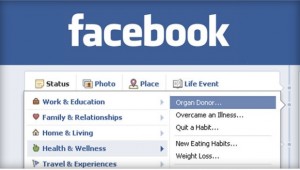Azerbaijan
The Ministry of Communications and Information Technology of Nakhchivan, an Autonomous Republic of Azerbaijan, has ordered Internet cafes throughout the area to shut down. Human rights activists speculate that the order may be part of an attempt to curb online dissent in advance of Azerbaijan’s October 9 presidential elections. Bloggers and journalists throughout the country who are critical of the government have faced arrests, hacking, and blackmail attempts over the past year as part of a broad crackdown on online freedom of expression.
Gambia
Recently passed legislation in Gambia amending the Information and Communication Act to include a prohibition against the spread of false news and the jail terms of up to 15 years. Speaking about the new legislation, Gambia’s head of Civil Service and Minister of Presidential Affairs warned, “If you cannot say anything good about the country, then you should keep quiet.”
Syria
As the conflict in Syria continues, the country’s Internet connectivity is experiencing a number of changes. Internet access in Aleppo, the country’s largest city, went completely dark on August 29. Renesys explored the country’s international service providers and noted that Aleppo appears to be served almost exclusively by Turk Telecom via a land-based cable link, while the rest of the country is served by a small handful of other providers via three undersea cables.
United States
Last week we reported on Internet.org, Facebook founder Mark Zuckerberg’s new venture to bring Internet access to the global masses. As it turns out, the previous owner of the Internet.org domain had no idea to whom he was selling it.
#imweekly is a regular round-up of news about Internet content controls and activity around the world. To subscribe via RSS, click here.


